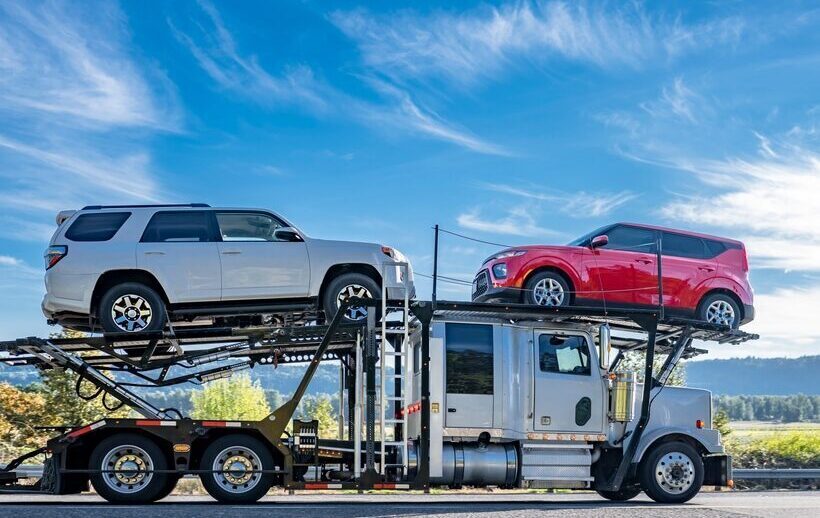
Autonomous Vehicle Transportation: The Future of Car Hauling
The Rise of Self-Driving Trucks
The automotive industry is on the cusp of a revolution, driven by the rapid advancement of autonomous vehicle technology. While self-driving cars are making headlines, another significant application of this technology is gaining traction: autonomous vehicle transportation (AVT). This emerging industry is poised to transform the way cars are hauled from factories to dealerships, offering unparalleled efficiency, safety, and sustainability.
The Potential of AVT
AVT offers several advantages over traditional car hauling methods:
- Increased Efficiency: Autonomous trucks can operate 24/7 without the need for breaks or rest periods, significantly reducing transit times. This efficiency can lead to cost savings for both manufacturers and dealerships.
- Enhanced Safety: Self-driving vehicles are equipped with advanced sensors and AI algorithms that can help prevent accidents. By reducing human error, AVT can improve road safety and potentially save lives.
- Environmental Benefits: AVT can contribute to a cleaner environment by optimizing routes and reducing fuel consumption. Additionally, autonomous trucks can be powered by alternative energy sources, further minimizing their carbon footprint.
Industry Adaptations
The automotive industry is actively adapting to the potential of AVT. Here are some key developments:
- Investments in Technology: Manufacturers and technology companies are investing heavily in research and development to create reliable and scalable AVT solutions. This includes advancements in sensors, AI, and cybersecurity.
- Partnerships and Collaborations: To accelerate the adoption of AVT, companies are forming partnerships with logistics providers, infrastructure developers, and regulatory bodies. These collaborations help address challenges such as infrastructure compatibility and legal frameworks.
- Pilot Programs: Several pilot programs are underway to test the feasibility and benefits of AVT. These initiatives involve deploying self-driving trucks on specific routes to evaluate their performance in real-world conditions.
Challenges and Considerations
While the future of AVT looks promising, there are still significant challenges to overcome:
- Infrastructure: The existing road infrastructure may need to be adapted to accommodate autonomous vehicles, including the installation of advanced communication networks and traffic management systems.
- Regulations: The development of clear and comprehensive regulations is essential to ensure the safe and responsible deployment of AVT. Governments and industry stakeholders are working together to establish appropriate guidelines.
- Public Acceptance: Public perception plays a crucial role in the success of AVT. Educating the public about the benefits and safety of self-driving vehicles is essential to gain widespread acceptance.
Conclusion
Autonomous vehicle transportation has the potential to revolutionize the automotive industry by improving efficiency, safety, and sustainability. As technology continues to advance and industry stakeholders collaborate, we can expect to see a significant increase in the adoption of AVT in the coming years. The future of car hauling is bright, and autonomous trucks are poised to play a central role in shaping it. Call 855-723-3200 to get your free car shipping quote today!








